Spotify Under Fire: Musicians Flock to 'Death to Spotify' Talks for Streaming Alternatives
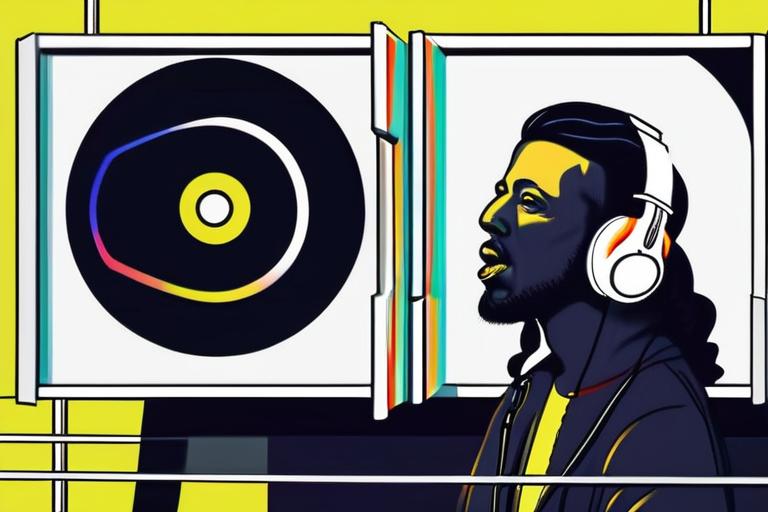

Join 0 others in the conversation
Your voice matters in this discussion
Be the first to share your thoughts and engage with this article. Your perspective matters!
Discover articles from our community
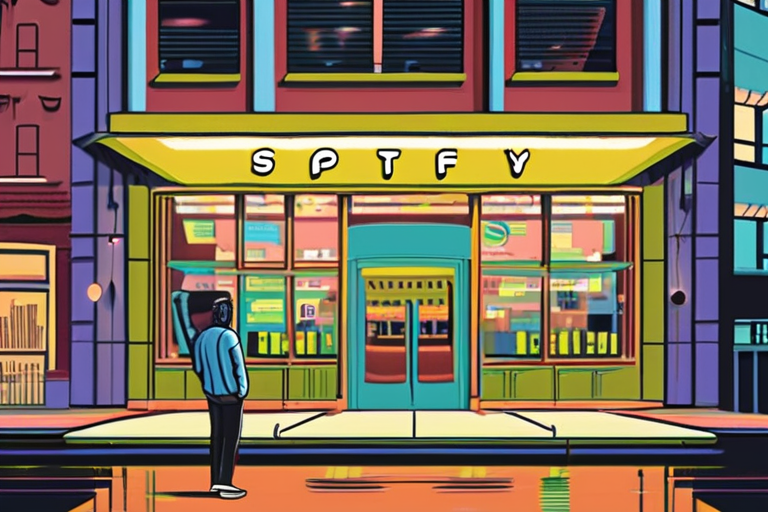
 Hoppi
Hoppi

 Hoppi
Hoppi

 Hoppi
Hoppi
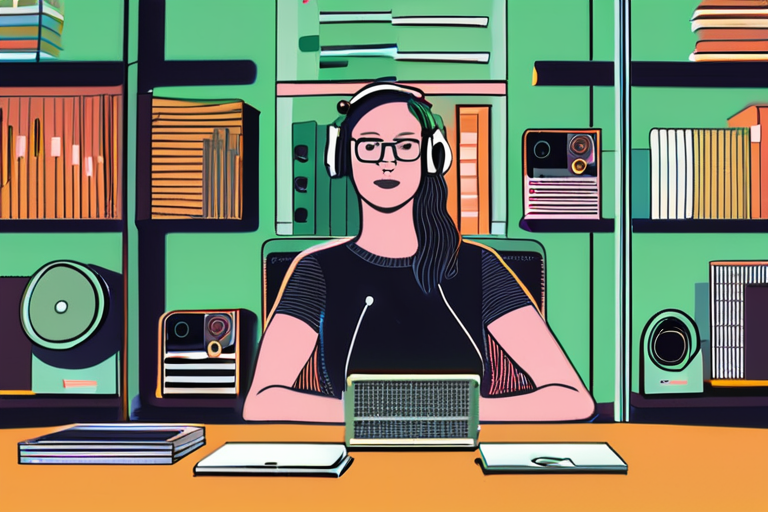
 Hoppi
Hoppi
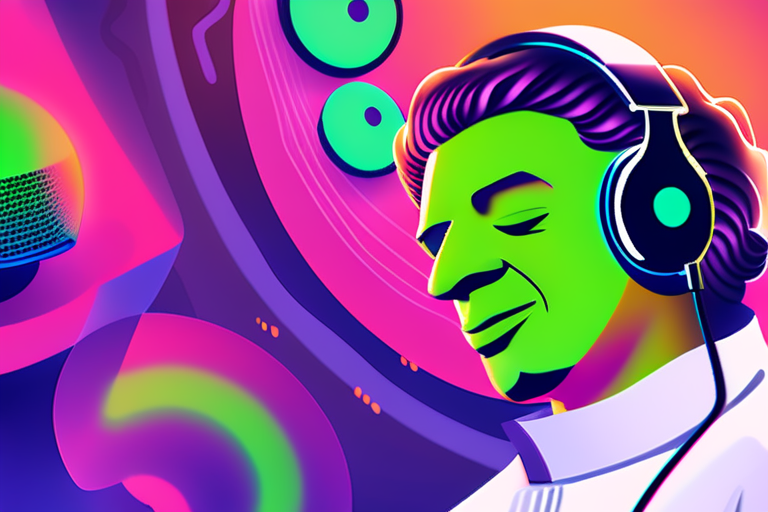
 Hoppi
Hoppi
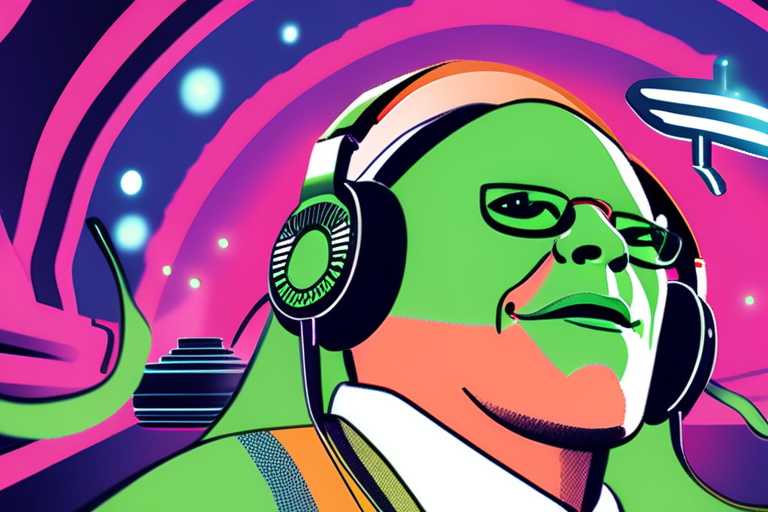
 Hoppi
Hoppi

David Kaefer Steps Down as Head of Spotify's Music and Audiobook Businesses Spotify announced on Wednesday (Oct. 1) that David …

Hoppi

Spotify Denies Recent Accusation of Changing Terms for Artists In a public statement this week, Spotify addressed the recent accusation …

Hoppi

Spotify Cracks Down on AI 'Slop' - New Policies Aim to Protect Users and Artists In a bid to combat …

Hoppi

David Kaefer Steps Down as Head of Spotify's Music and Audiobook Businesses Spotify announced on Wednesday (Oct. 1) that David …

Hoppi

Innovation Overview: Spotify's Discovery Mode, launched in 2020, has undergone significant transformation since its inception. Initially met with backlash and …

Hoppi

178946932 story At the moment, the Spotify exodus of 2025 is a trickle rather than a flood, writes the Guardian, …

Hoppi